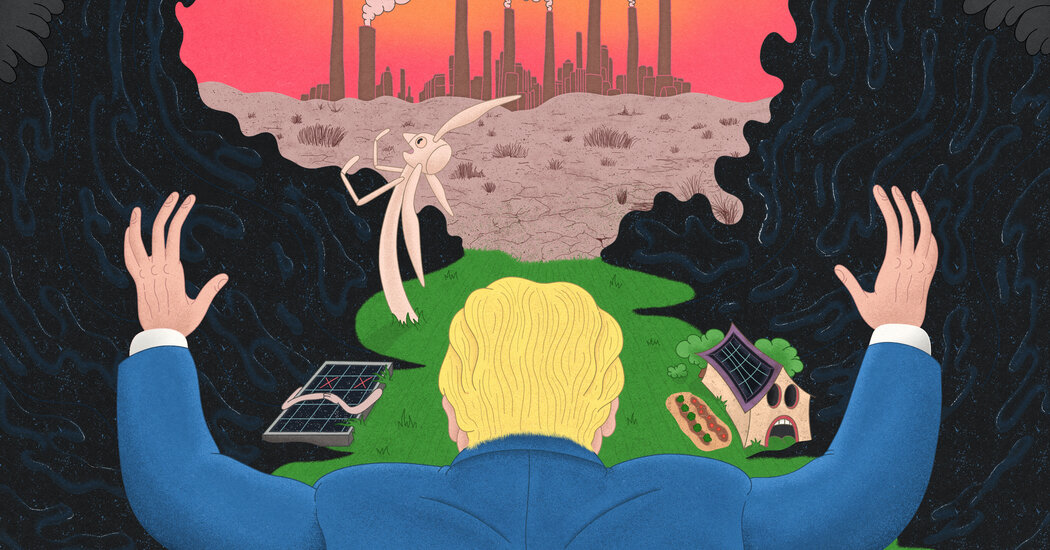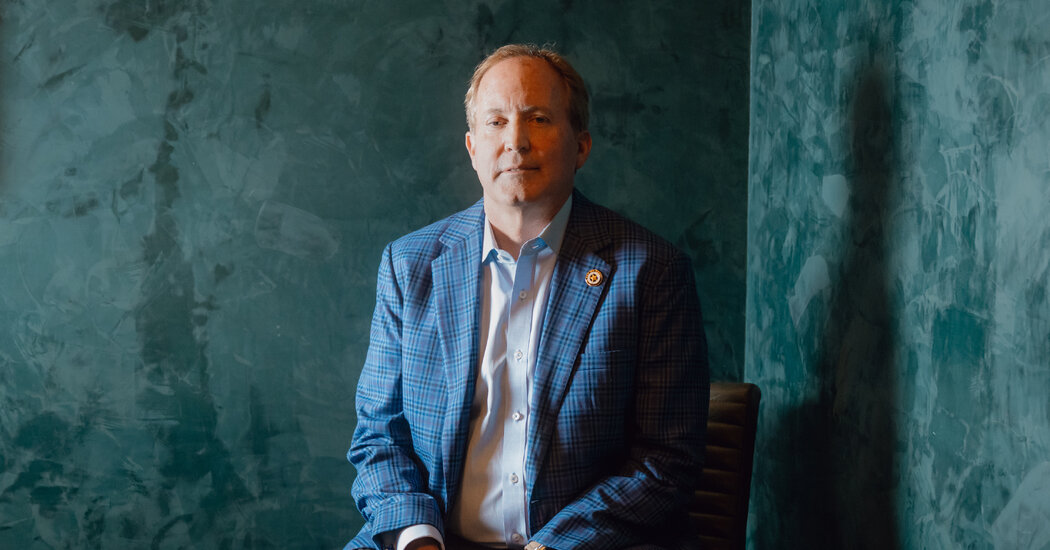Harold Hamm’s Battle Against Renewable Energy
In 2015, the Oklahoma oil magnate Harold Hamm recognized the rise of renewable energy as a threat to the dominance of oil and natural gas, prompting him to campaign against the wind industry during Oklahoma’s budget crisis. Lawmakers sought to increase taxes on oil and gas, prompting Hamm to fiercely protect a tax break for his company, Continental Resources, by portraying wind energy incentives as the real issue. Despite Oklahoma spending significantly more on oil-and-gas tax breaks, his efforts ultimately led to maintaining low oil taxes while eliminating certain tax breaks for wind energy. While the U.S. has since seen growth in diverse energy sources, Hamm’s stance remains pro-fossil fuel, influencing national policy and shaping a vision potentially reverting to older energy systems, risking increased emissions and higher energy costs.
Harold Hamm’s Campaign Against Renewable Energy
For Harold Hamm, the vision of returning to an era where fossil fuels reign supreme is driven by both personal history and business interests. Growing up in a household reliant on kerosene lamps, he understands the transformative impact energy access can have on quality of life. His journey from cleaning sludge out of tanks to leading a multibillion-dollar oil enterprise has cemented his belief in the power of oil and gas to fuel economic growth and innovation. However, with the world moving towards greener technologies, Hamm’s traditional energy outlook is facing challenges. The current energy landscape is marked by a balancing act between sustaining economic growth and mitigating climate impacts, a balance that renewables like wind and solar have increasingly been successful at achieving. Despite Hamm’s significant influence, reversing the progress made in renewable energy expansion threatens not only environmental gains but also economic stability. As energy production soars and emissions fall, the nation stands at a crossroads where the decisions will shape the future of energy security and sustainability.
The Rise of Renewable Energy in the United States
Mr. Hamm’s desire to revert to a bygone energy system reflects a broader ideological struggle rather than a practical solution to current energy challenges. While his personal journey from humble beginnings to becoming a leading figure in the oil industry is impressive, it also colors his perspective on the role of fossil fuels. The narrative that renewables are destabilizing and expensive doesn’t align with recent developments, particularly in states like Texas where wind and solar have successfully integrated into the energy mix, contributing to price stability and reducing emissions. As the world progresses toward more sustainable and efficient energy sources, the insistence on prioritizing fossil fuels could undermine both economic and environmental advancements, posing risks to energy security and global efforts to combat climate change.
The Role of Fossil Fuels in the Modern World
As we look ahead, it becomes increasingly evident that the transition to a more diverse energy sector is essential for sustainable progress. The significance of maintaining a balanced energy mix cannot be overstated, as it not only supports environmental goals but also enhances economic stability and national security. Embracing innovation and investing in renewable technologies are crucial steps toward achieving energy independence and resilience. While the traditional fossil fuel industry remains a key player, integrating renewables into the energy portfolio promises a cleaner, more efficient, and adaptable system. The focus should be on collaborations that drive forward-thinking policies, fostering an environment where new energy solutions can thrive and contribute to a more equitable and prosperous society for all.
The Future of Energy Policy in the United States
The stakes are high, and the decisions made today will have long-lasting impacts on the nation’s energy landscape and its place in the world. As the energy sector continues to evolve, balancing the needs for innovation, sustainability, and economic growth is crucial. Embracing a diversified energy portfolio that includes renewables while carefully managing traditional energy sources will ensure long-term economic stability, protect the environment, and maintain America’s energy independence. The path forward must be chosen wisely to safeguard the future for generations to come.















Post Comment